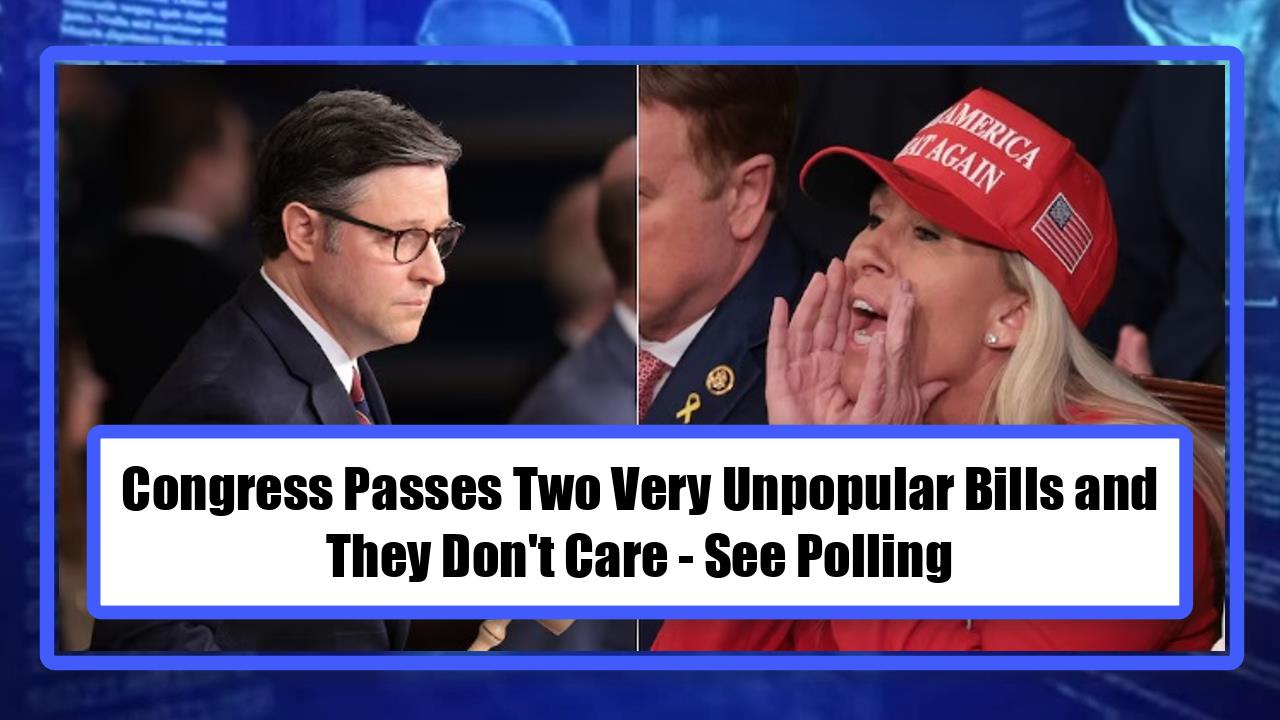Video:
Take our online poll:
AI Analysis:
The perception of a "uniparty" in American politics, where both major parties are seen as essentially the same, can stem from several factors:
Policy similarities: Some voters perceive that both major parties support similar policies on key issues such as foreign policy, trade, and economic regulations. This perception can be fueled by instances where both parties have supported similar legislation or where compromises have been made that blur the lines between party positions.
Corporate influence: Critics argue that both parties are heavily influenced by corporate interests and lobbyists, leading to policies that prioritize the needs of big business over those of ordinary citizens. This can create a perception that both parties serve the same elite interests rather than representing the broader population.
Political polarization: In recent years, American politics has become increasingly polarized, with both parties moving further to the ideological extremes. This polarization can lead some voters to view both parties as equally extreme or out of touch with mainstream values, reinforcing the perception of a uniparty.
Media narratives: Certain media outlets and commentators may frame political issues in a way that emphasizes the similarities between the two parties, downplaying their differences. This can contribute to the perception that there is little substantive distinction between Democrats and Republicans.
Historical context: Over time, both parties have evolved and shifted positions on various issues. Some voters may look at historical trends and conclude that, despite surface-level differences, both parties ultimately serve the same underlying interests.
It's important to note that while there may be some validity to these perceptions, there are also significant differences between the Democratic and Republican parties on many important issues. However, the complexity of modern politics, coupled with factors like media framing and political polarization, can contribute to the belief that there is a uniparty in American politics.
Chart:
References:


Comments